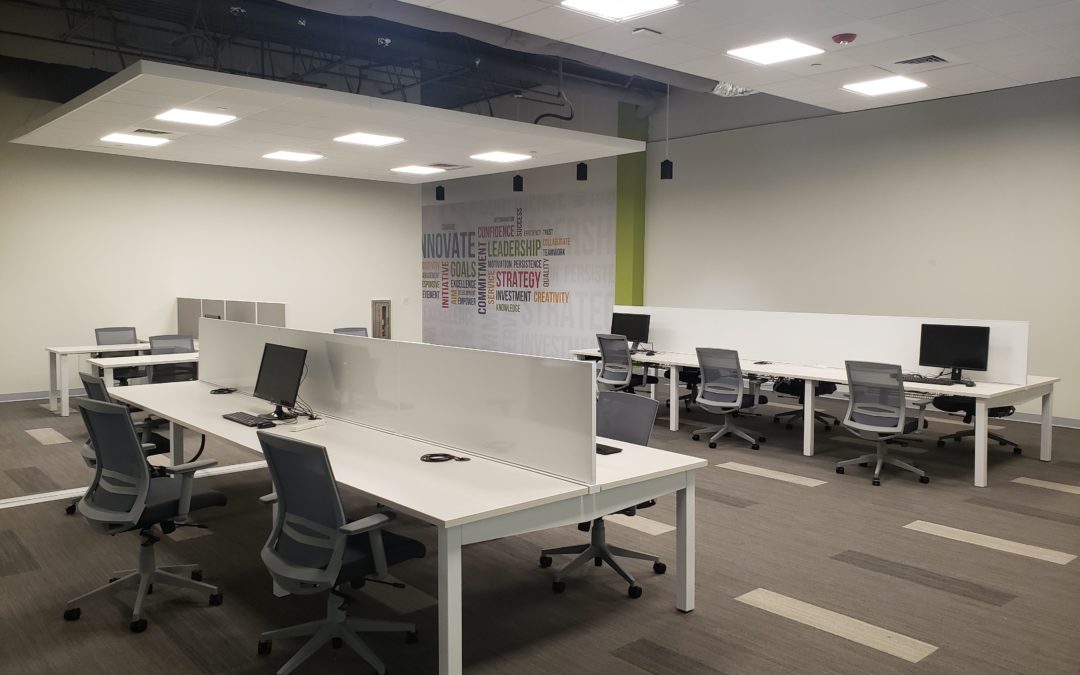Northeast Arc, a not-for-profit organization that helps children and adults with disabilities become full participants in the community, has received a $100,000 grant from the Yawkey Foundation to support the Center for Linking Lives.
Opened in October 2020, the Center for Linking Lives at the Liberty Tree Mall represents the transformation of 26,000 square feet of retail space into a community gathering spot where individuals with disabilities can live inclusively alongside their peers. The Center also features parcels, a unique store selling products made by, or created at businesses owned by people with disabilities or autism.
Northeast Arc launched the Campaign for Linking Lives to support this innovative space, and the grant from the Yawkey Foundation means that Northeast Arc has now raised more than $2.3 million toward its $3 million goal.
“The Yawkey Foundation has a long history of supporting vulnerable individuals and families, and we’re excited that they have recognized the impact of the Center for Linking Lives on those we serve,” said Jo Ann Simons, President and CEO of Northeast Arc. “People with disabilities have historically been isolated, placing them at greater risk for poor physical and mental health outcomes. The Yawkey Foundation grant to support an inclusive community space like the Center for Linking Lives will have a transformative impact on the hundreds of individuals who pass through the Center each day.”
The Center for Linking Lives is one of 60 human service projects funded through recent grants by the Yawkey Foundation, including several specifically focused on providing high-quality, enriching programs and services for individuals with intellectual disabilities. The Center provides a range of services, including: support for families who have children diagnosed with autism or other intellectual disabilities, early intervention, residential and health services, supported employment, an assistive technology lending library, and skills training. The Center promotes community redevelopment and environmental sustainability while serving as a national model for other organizations seeking to enhance inclusion for people with disabilities in underutilized community settings, such as malls.
